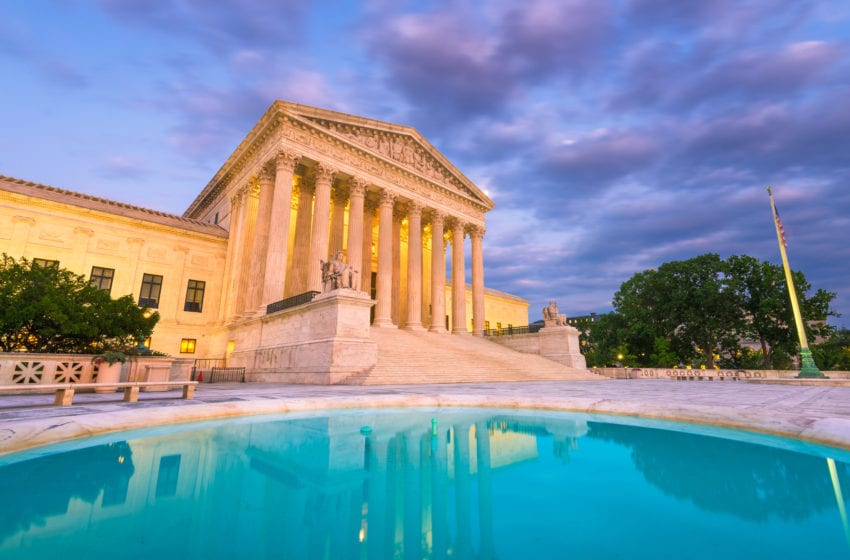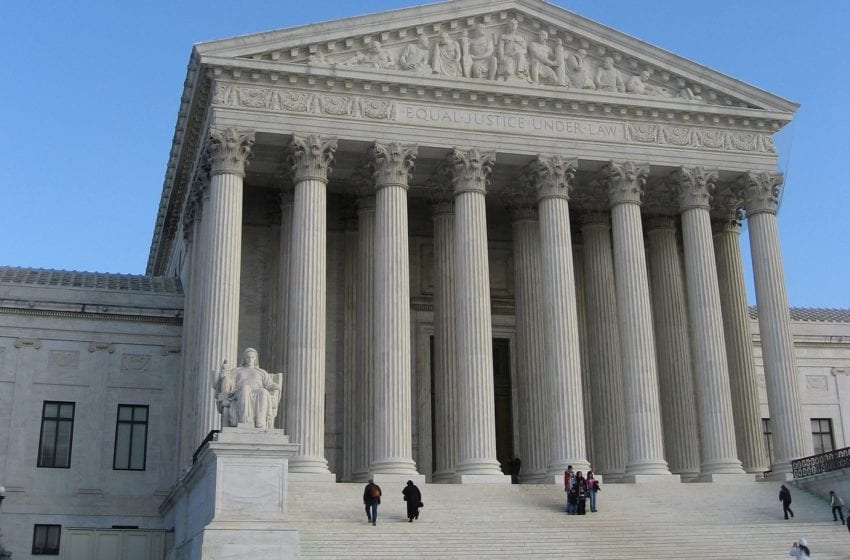It’s over. After winding it’s way through the court system for nearly two years, the Supreme Court of the United States (SCOTUS) has denied Big Time Vapes a request for a writ of certiorari.

On August 19, 2019, Big Time Vapes and United States Vaping Association, an e-cigarette manufacturer and an e-cigarette trade association, filed suit in the U.S. District Court for the Southern District of Mississippi challenging the constitutionality of the U.S. Food and Drug Administration’s (FDA) authority over vaping products.
The original complaint was dismissed by the U.S. District Court in December 2019, and failed on appeal in the Fifth Circuit Court of Appeals last year. On June 25th, 2020, the Court of Appeals issued its opinion, finding that Congress’ delegation of authority to the Secretary of Health and Human Services to deem additional products subject to the Tobacco Control Act is not unconstitutional, upholding the district court’s decision.
The nation’s highest court referred the case back to a lower court. Since the court did not accept the petition, the lower court’s decision will stand. SCOTUS accepts 100-150 of the more than 7,000 cases that it is asked to review each year, according to its website. It’s is the first petition for a case involving e-cigarettes to be considered by SCOTUS.
The suit challenges the Tobacco Control Act, claiming that Congress unconstitutionally ceded its legislative authority to the FDA when it gave the agency the power to “deem” products as tobacco products that were not specified in the 2009 legislation.
The FDA argued the Tobacco Control Act is constitutional, however, as “Congress laid out intelligible principles with appropriate boundaries for FDA to apply.” The FDA has also cited the public health issues posed by e-cigarettes, particularly to children, in defending the its authority to regulate the industry.


